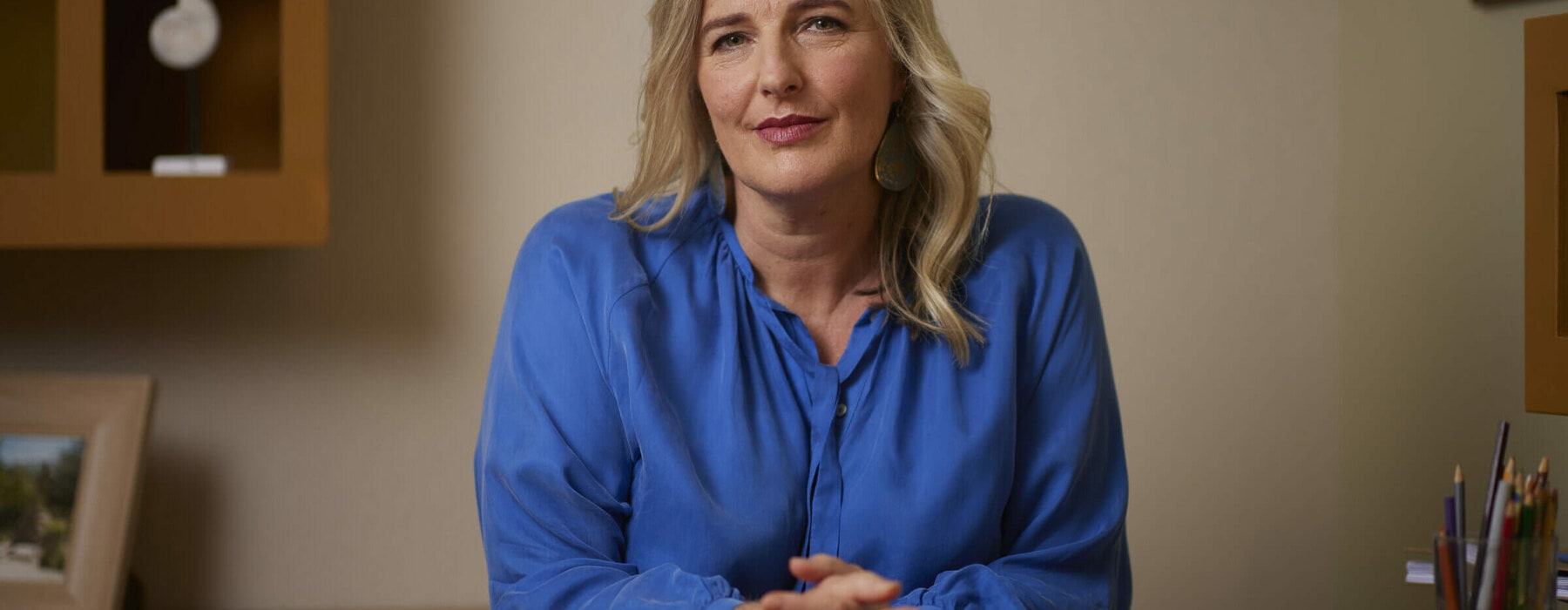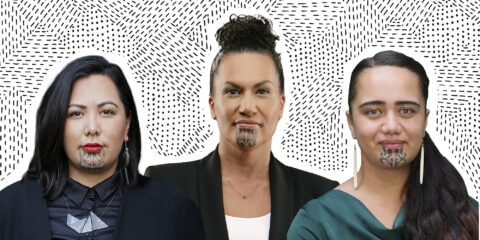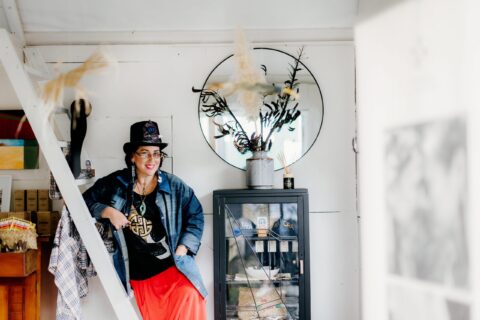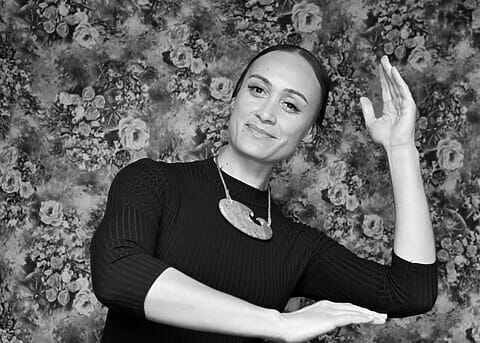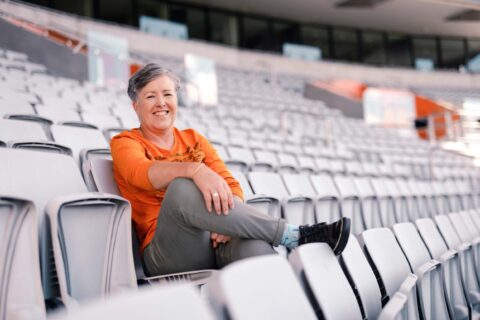Amanda Cox is the registered psychotherapist on TV Three’s new show Couples Therapy, which provides kiwis with an insight into New Zealand couples working through relationship issues. Cox provides real relationship guidance to real couples — no acting involved, so prepare the tissues for your viewing experience.
Q: Therapy is usually such a private affair. I'm sure couples were chosen on their ability to make themselves vulnerable and to be articulate, but did you find your style of counselling was cramped by the camera?
A: I agree that therapy is usually private, and yes the couples were very brave; they were chosen perhaps for their ability to bear the level of vulnerability that comes with exposure like this. A lot of thought went into setting up the therapy room and the cameras were hidden so it was surprisingly easy to forget they were there. When I’m with clients, I am listening very intently and I tend not to get easily distracted and the set was very conducive to this. I did wonder how I would feel under those conditions but I was relieved to find that it really made very little difference to how I work.
Q: What attracted you into this line of work and what do you love about it? (As a counsellor I mean, not as a TV star!)
A: The short answer is that I find it meaningful and satisfying to really connect with a couple enough to help them do the same with each other. I originally trained as a Registered nurse, and after the medical and surgical arena feeling very task oriented, I shifted into mental health nursing, where I worked with people suffering with acute and chronic mental distress. I felt like I did my best work with patients when I had time to sit down with them and talk. After several years working in mental health nursing I went on to train in psychotherapy which I have been doing now for nearly 20 years. I really enjoy how personal it is, how deep the conversations go, and how honest and vulnerable people are able to be. And it makes a genuine and meaningful difference to peoples lives. It’s a real privilege to be part of that.
Q: What has love been like for you in your life?
A: As I’ve gotten older my understanding and appreciation of what love is has continued to grow. When I was young I used to think it was simply about choosing the right partner, but as I got older I have learned there is more to creating and maintaining a loving relationship than this. The skills I have gained as a couples therapist, also apply to my own relationship, so I can appreciate the effort needed and the rewards that can be gained.
Q: Couples therapy depends on conversation. What happens when there is silence?
A: Yes, couples therapy certainly prioritises conversation, but there are plenty of other ways that feelings get communicated, silence being one of them. I am relatively ok with silence in my work, and will usually explore what it means with the couple. It can be a fear of talking, of being judged; it can be simply not knowing what to say next; sometimes it can be a trauma response to freeze. Silence says a lot, and yes I will visit the silence with words, but only when it feels like the time is right.
Q: I guess if you're doing your job well you're out of a job. Do many of the couples on the programme exit early?
A: You will have to watch the show to find out!
Q: Can you ever tell if a couple is not going to make it?
A: I don’t get too caught up in whether a couple is going to make it or not. My agenda is not to get the couple to ‘make it’, it is to help them gain the clarity and the skills to make the right decision for them. Usually that means they will learn how to stay together and be more content, but sometimes couples will realise why it hasn’t worked and choose to separate, hopefully amicably and without regret. My role is to facilitate that process of getting that clarity and understanding.
Q: What's a sign of a healthy relationship?
A: When both partners feel trusting enough to say how they feel, what they want and what they need, and feel heard by their partner.
Q: What are the signs that therapy is not working?
A: When the couple or individual is/are not willing to put the work in. This will look like an unwillingness to self-reflect, sometimes it’s an inability to empathise with the other person’s complaint.
The complete season of Couples Therapy New Zealand will stream on ThreeNow from Wednesday 17 May, and air weekly on Three Wednesdays at 8:30.
Related Article: Q&A with young adult fiction author Saradha Koirala
